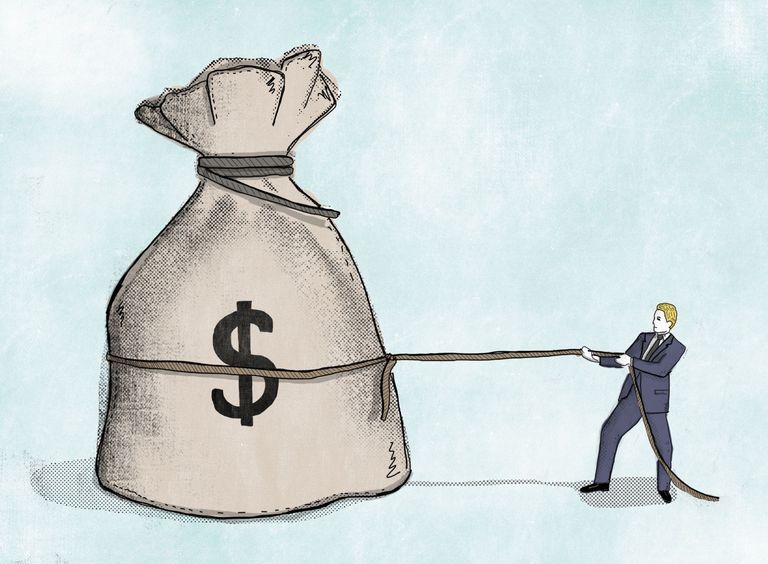
Workplace retirement plans get a lot of bad press, primarily small company plans loaded with high fees.
But, truth be told, 401(k)s have been a boon to millions of Americans with access to them. In total, 55 million savers held $5.3 trillion in these plans at the end of 2017, according to industry data.
Put simply, 401(k)s work. In addition to providing an income tax break, the plans are designed to fend off our worst impulses. For instance, you pay a penalty plus taxes due for withdrawing money too early. So people tend to leave money alone to grow and compound — and that’s huge.
So much for the good news. The bad news is that otherwise diligent savers still manage leave money on the table with a 401(k), often without realizing it.
A lot of it is self-sabotage. If you care about maximizing your retirement, be careful about how you treat your plan and avoid making unforced 401(k) errors.
Mistake No. 1: Not saving
It seems fundamental, but a shocking number of people simply ignore the opportunity to save for retirement in a workplace plan — up to 60% of eligible workers, according to one study. To overcome human inertia, companies have started to enroll employees automatically.
Mistake No. 2: Not investing
Even with automatic enrollment in place, between 80% and 90% of participants fail to pick any kind of investment at all, leaving savings in cash. Companies are responding by creating default portfolios, nudging us to opt-out rather than opt-in.
Mistake No 3: Not matching
Many companies incentivize saving by offering to match contributions up to specific amount each year. Saving less is turning away free money. For that reason, default accounts often start out saving at the minimum matching level.
Mistake No. 4: Bad timing vis-a-vis your employer
Another, less common problem occurs among aggressive savers who feel they should max out their 401(k) as soon as possible in the year. What they don’t realize is that zeroing out later pay periods means you might not get all the matches you are due. Some employers will “true up” contributions or make annualized matches, but it varies from company to company. Talk to human resources before you front-load your 401(k).
Mistake No. 5: Paying high fees
A lot of small firms end up choosing whichever 401(k) provider makes a pitch that best responds to their needs, such as reduced paperwork. Yet these “easy” solutions can be loaded with fees. That doesn’t mean you can’t advocate for yourself! Once you’re in a plan, choose low-cost index funds over costly active mutual funds. None available? That’s another reason to rock the boat with management.
Mistake No. 6: Market timing
People tend to ignore their 401(k) balance for a long time. Then one day they open a statement and find out that they are 401(k) millionaires. Thanks to compounding, it happens. The problem is, the method that got them rich — a risk-adjusted portfolio — falls by the wayside as the employee tries to trade his or her way to even greater riches.
Soon, a diversified portfolio becomes concentrated, the market changes course, and the once-fat 401(k) starts to look like a 201(k). Stick with what got you there and compounding will take care of the rest.
Mistake No.7: Orphaned accounts
Most Americans these days spend just a few years in any one firm. We hold 10 jobs by age 40 and 12 to 15 jobs in a lifetime, according to government data. In many of those jobs, though, we do last long enough to start a 401(k) — then leave it behind.
Too often, those orphaned accounts are frittered away in high-fee plans. Having multiple 401(k)s is risky, too. Chances are, they are invested in very different ways. Better to roll those old balances over into an IRA and understand your investment risk.
Small problems such as missing matching money and high fund fees add up to big dollars over decades. The key is to take control of your financial future by paying attention to how your money is managed, even as you move along in your career.
Your future, retired self will thank you.





